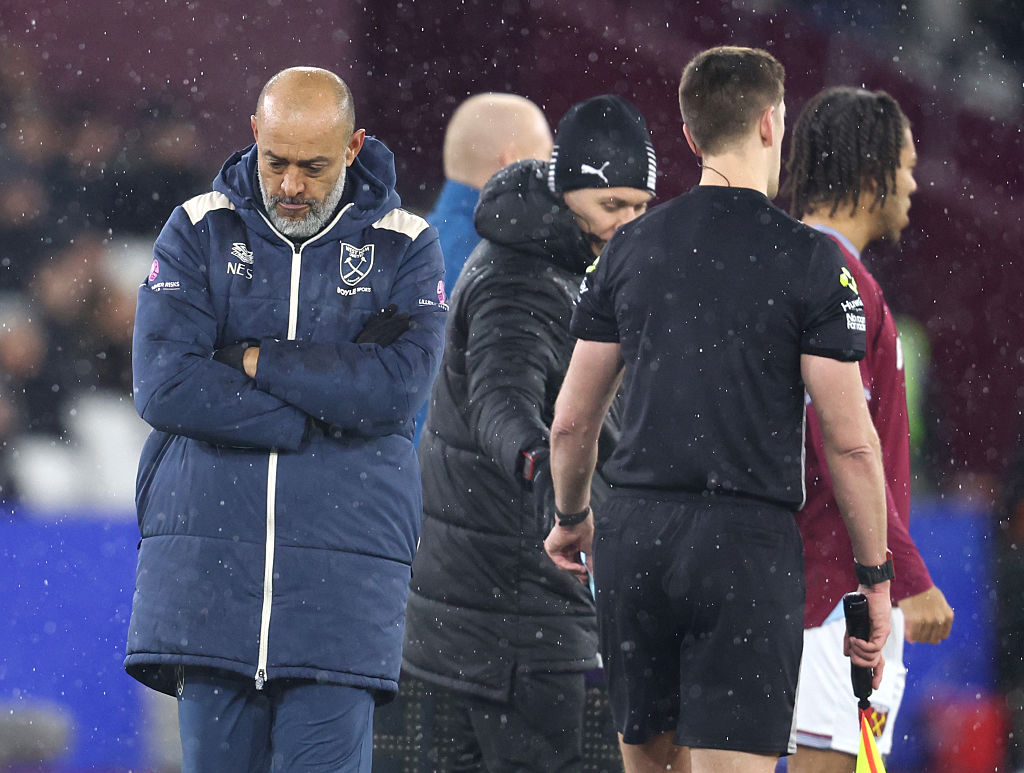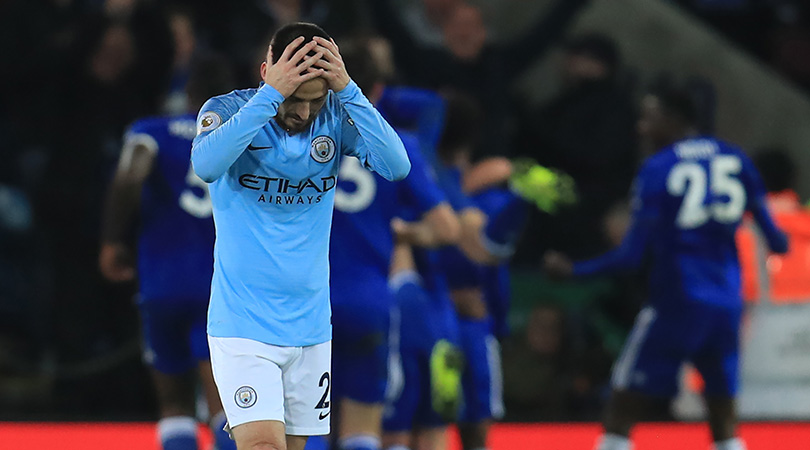
We go again next year...
Manchester City romped to the Premier League title last term, breaking the division's all-time points record by racking up an eye-popping 100 points from their 38 matches.
But things just aren't so easy for Pep Guardiola's side this season, as they trail Liverpool by seven points at the halfway mark and even sit behind Tottenham.
Things aren't going well after back-to-back defeats against Crystal Palace and Leicester, then, but they can at least take comfort from the fact they won't be following this hapless bunch...
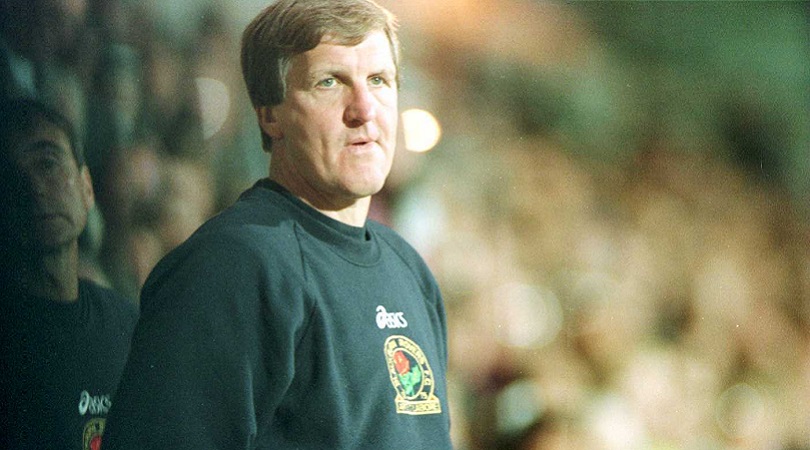
Blackburn (1995/96)
With local businessman Jack Walker investing heavily, promotion to the shiny new Premier League in 1992 soon followed for Blackburn. And after a number of notable signings – not least British record Alan Shearer – Rovers claimed their third English title by a single point in 1995, 81 years after their last.
However, defending their title turned out to be far more difficult than anticipated. Kenny Dalglish, who masterminded the triumph, became the club’s director of football, with his assistant Ray Harford replacing him in the managerial hot seat. It didn't work: Rovers spent much of the season in the bottom half and eventually finished seventh, 21 points adrift of Alex Ferguson’s Manchester United.
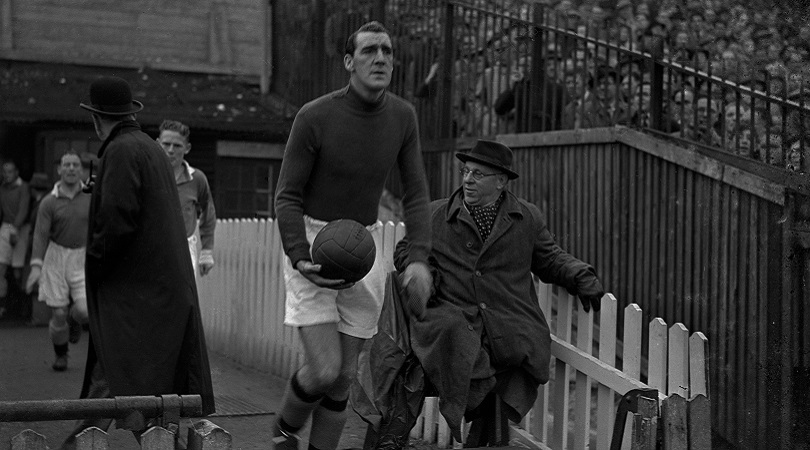
Manchester City (1937/38)
Twelve months on from their maiden title triumph, Manchester City became the first – and subsequently only – team to be relegated having lifted the trophy in the previous season. Incredibly, the champions went down despite being the league’s top scorers, having bagged 80 goals and recorded a positive goal difference of +3. A leaky defence proved problematic, though, and City were demoted after losing 20 of their 42 matches.
After a war-enforced pause, the league resumed and City were once again competing in English football’s top flight following promotion at the end of the 1946/47 campaign.
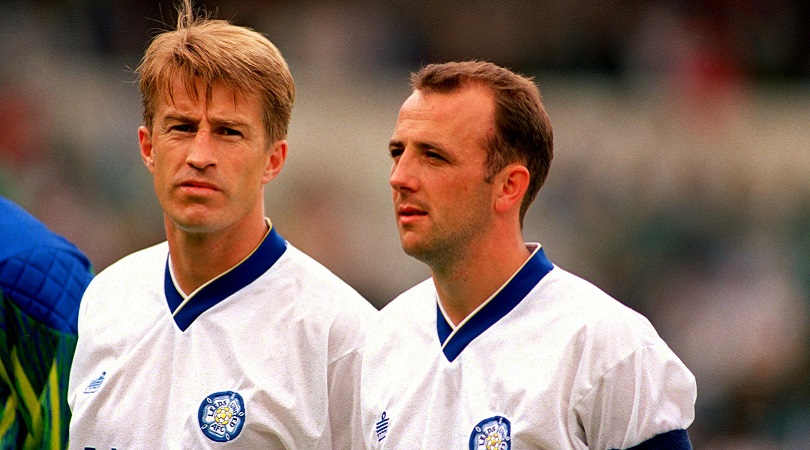
Leeds United (1992/93)
Leeds had beaten Manchester United to the championship crown by four points in 1992/92, but flopped miserably in the Premier League's inaugural season as they set about defending their title. An increasingly disruptive Eric Cantona left to join United in November 1992, but the rot had already set in by then – not helped by the introduction of the backpass rule – and their failure to win away from home all season was perilous.
They'd only lost once at Elland Road, mind – a 4-1 thrashing from Nottingham Forest who went on to finish bottom of the league – but that appalling record on the road almost led to them being relegated. In the end, they finished two points above the drop zone.
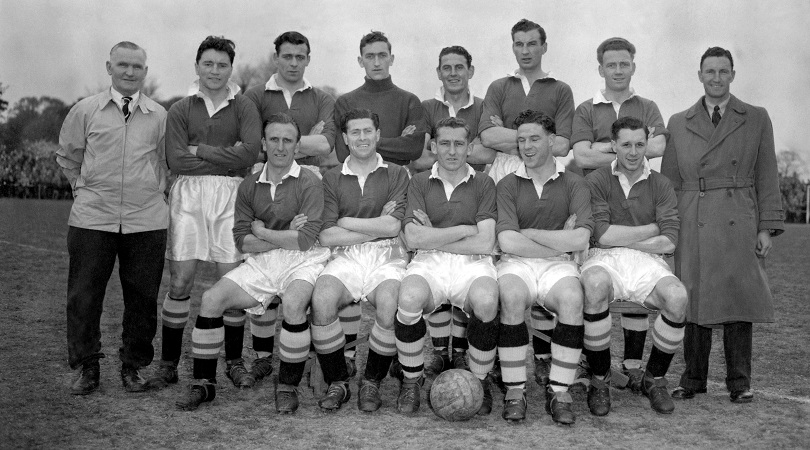
Chelsea (1955/56)
Despite being 12th at the start of November, Ted Drake’s Chelsea lost just three of their next 25 games as they went on to seal a maiden English league title in 1954/55. England frontman Roy Bentley captained the side, scoring 21 times en route to the title as the Blues finished four points clear of Wolves.
One year on, it was all so different. Chelsea’s ageing squad struggled and two of their young up-and-comers, Frank Blunstone and Stan Wicks, were struck with injuries. With age creeping up on Drake’s side, they finished the following campaign in 16th, 21 points behind champions Manchester United.
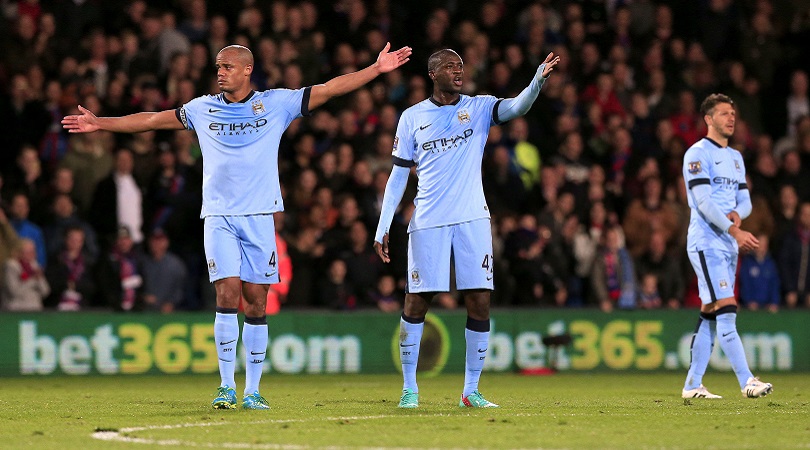
Manchester City (2014/15)
Manuel Pellegrini's men should have been forward-thinking after breaking Liverpool hearts with their late 2013/14 salvo, having only been top of the pile for 15 days of the campaign. But so it was that their Chilean chief saw little point in bolstering his squad significantly over the summer, bringing in Bacary Sagna and Frank Lampard on free transfers, backup goalkeeper Willy Caballero and £44m worth of Fernando and Eliaquim Mangala.
With six games to go they were fourth, some 15 points behind Chelsea and heading for a miserable finale. City won their remaining fixtures to overhaul Manchester United and Arsenal into second, finishing eight points behind the Blues in a title race they were never really part of.
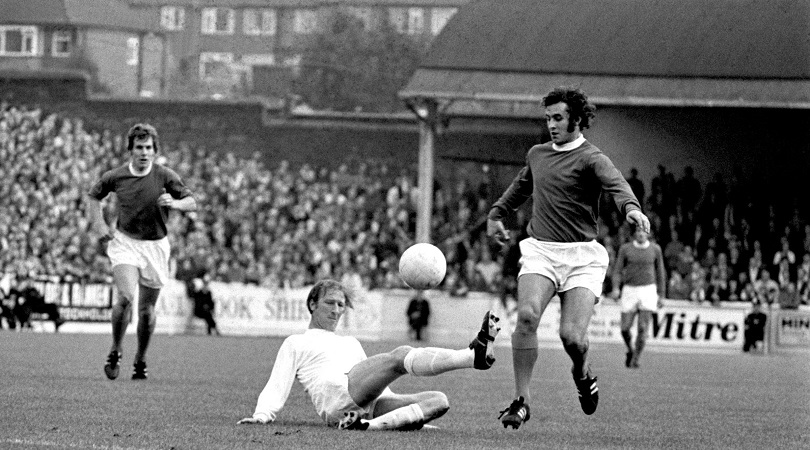
Everton (1970/71)
With Joe Royle finding the net freely and the ‘Holy Trinity’ of Howard Kendall, Alan Ball and Colin Harvey strutting their stuff in midfield, Everton claimed a seventh English league title in 1969/70 after finishing nine points ahead of Leeds.
Harry Catterick’s team were tipped to dominate for years to come, but their reign of terror never materialised. The Toffees failed to reproduce their sparkling form in 1970/71, ending the season in 14th, 28 points adrift of champions Arsenal. The demands of multiple competitions evidently affected the squad, who followed up a European Cup quarter-final defeat at the hands of Panathinaikos with a 2-1 loss to bitter city rivals Liverpool in the FA Cup semi-finals a week later.
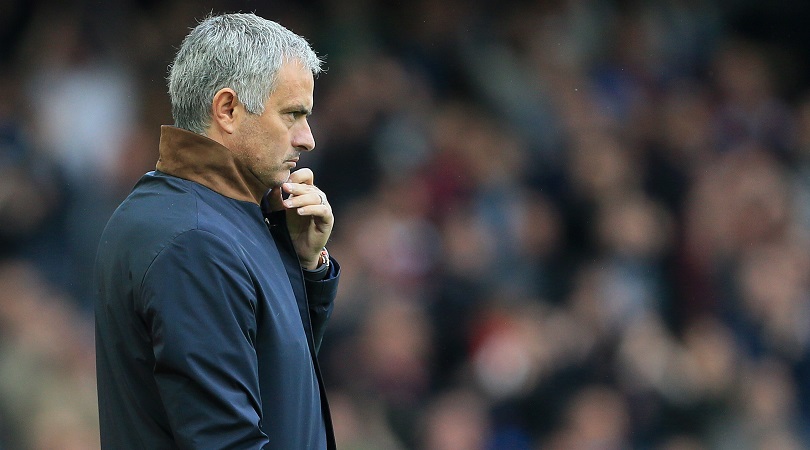
Chelsea (2015/16)
This appalling season at Stamford Bridge finished with a 10th-place finish below Stoke, some 31 points behind eventual winners Leicester; indeed, it was the Foxes who hammered home the final nail in Jose Mourinho's Blues coffin with a 2-1 win at the King Power Stadium in mid-December.
Chelsea's campaign started badly and never recovered: they only won four of their first 17 league games, losing nine of those, and even after Guus Hiddink arrived to steady the ship they found victories tough to come by. The west Londoners claimed just seven in the Dutchman's 21 forgettable matches in charge, in between meekly limping out of Europe (Champions League last 16, to PSG) and the FA Cup (quarter-finals, to Everton).
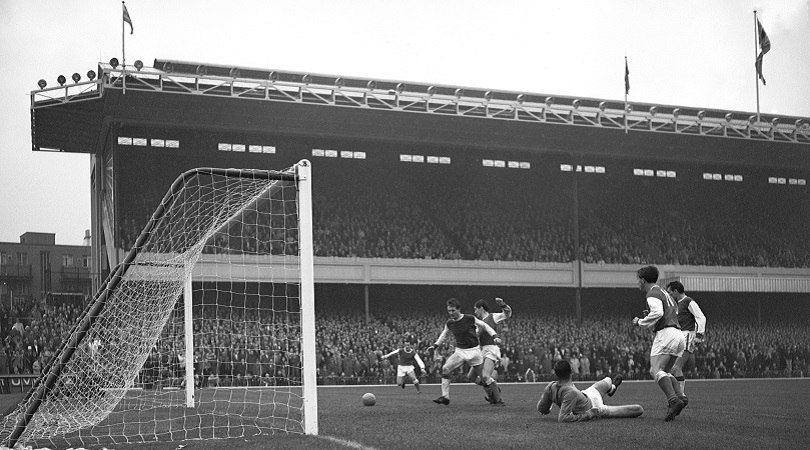
Ipswich (1962/63)
Under the stewardship of Alf Ramsey, Ipswich defied the odds by winning their only English league crown to date in 1961/62, in their first-ever top-flight season after securing promotion from the Second Division. Despite being heavily tipped to go straight back down, Ramsey's experimenting with his tactics – namely moving inside-forwards Roy Stephenson and Jimmy Leadbitter into wide midfield positions – paid off.
The element of surprise worked for the Tractor Boys in their first season, but the 1962/63 campaign saw Town struggle with the rest of the league having cottoned on to their ideas. Ipswich finished a lowly 17th, 26 points adrift of title winners Everton.
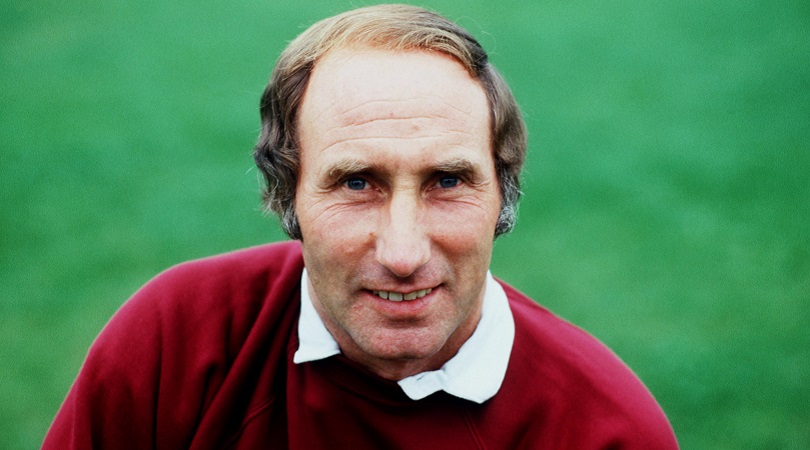
Aston Villa (1981/82)
With Ron Saunders at the helm, Villa ended their 71-year wait for a seventh league title in 1980/81, finishing four points ahead of Ipswich. But the West Midlanders endured a woeful start to their title defence, with the distraction of European football appearing to take its toll like so many before them.
By February, with the team languishing in 19th, Saunders resigned and his assistant Tony Barton (pictured) was appointed as his replacement. Barton managed to salvage Villa’s season, albeit ending the campaign in 11th, a massive 30 points behind league winners Liverpool. It wasn’t all doom and gloom for the Villa faithful, however, as Barton’s men claimed a 1-0 win over Bayern Munich in the 1982 European Cup Final. Every cloud.
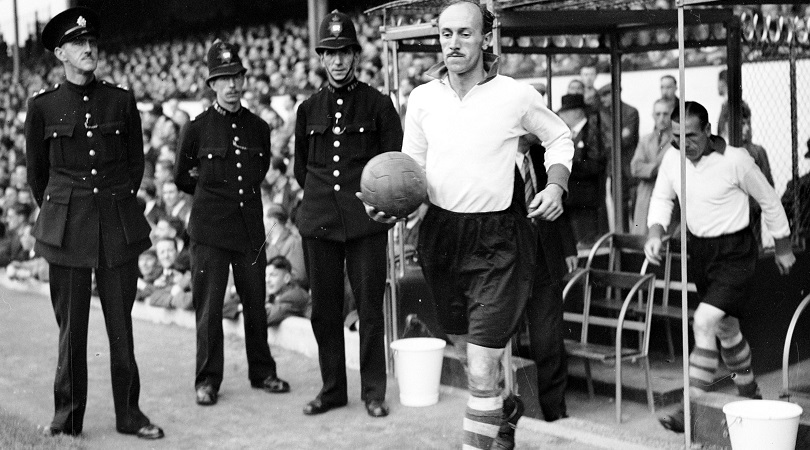
Liverpool (1947/48)
Having edged a hard-fought title race by a single point ahead of Manchester United and Wolves, the Reds claimed the first English title after the Second World War. The 1947/48 season proved to be less exciting, however. Strike partners Albert Stubbins and Jack Balmer netted 24 apiece on the way to Liverpool’s fifth title, but the latter found goals harder to come by one year on.
Captaincy proved a burden for Balmer, who notched only 15 in all competitions, only to be eclipsed by Stubbins’s 26 goals. George Kay’s Merseysiders scored 19 fewer goals in their unsuccessful defence, and shipped nine more as they ended the season in 11th, 17 points adrift of Arsenal.
Greg Lea is a freelance football journalist who's filled in wherever FourFourTwo needs him since 2014. He became a Crystal Palace fan after watching a 1-0 loss to Port Vale in 1998, and once got on the scoresheet in a primary school game against Wilfried Zaha's Whitehorse Manor (an own goal in an 8-0 defeat).
 Join The Club
Join The Club











